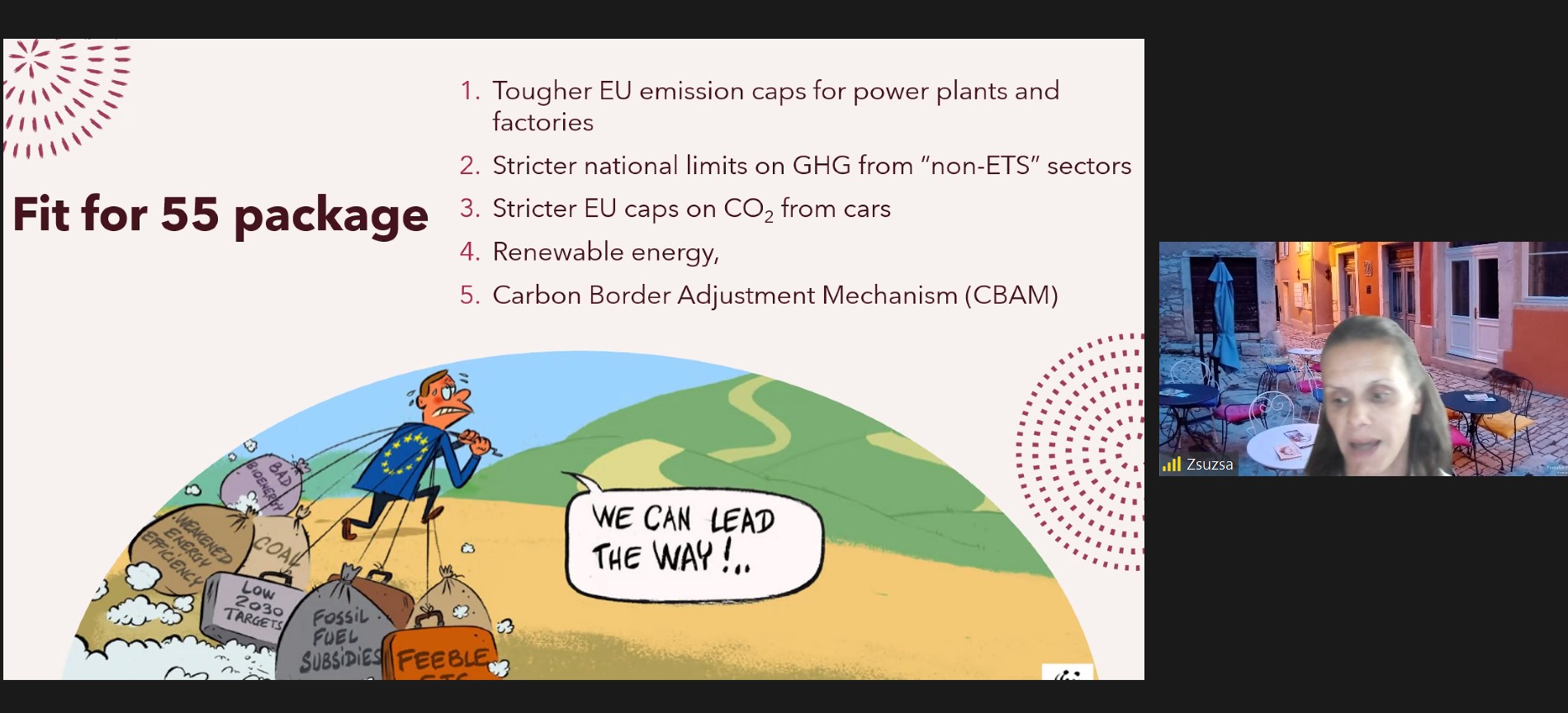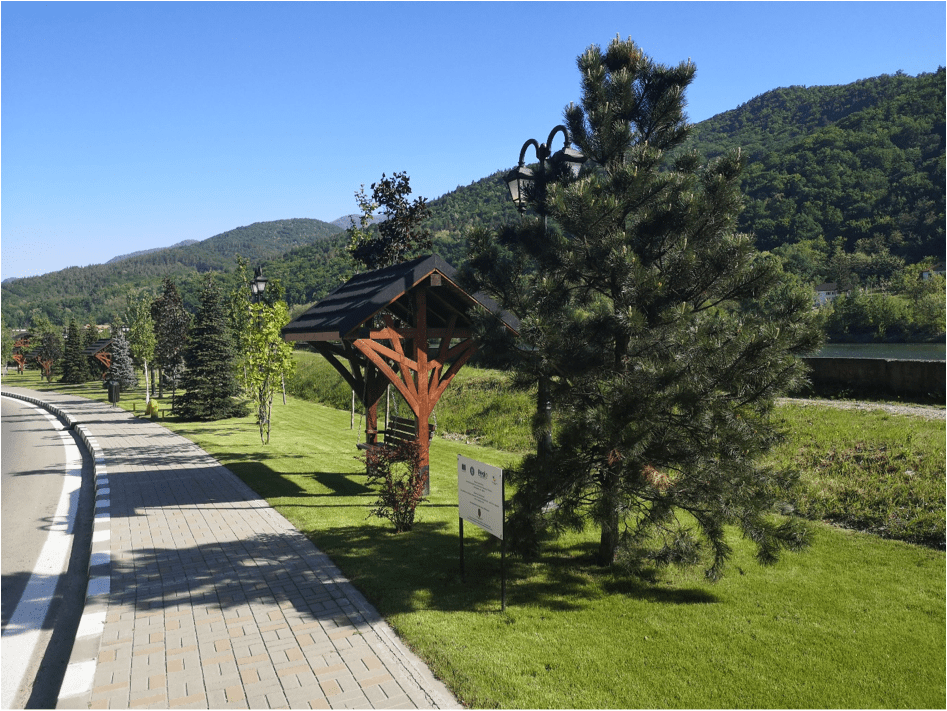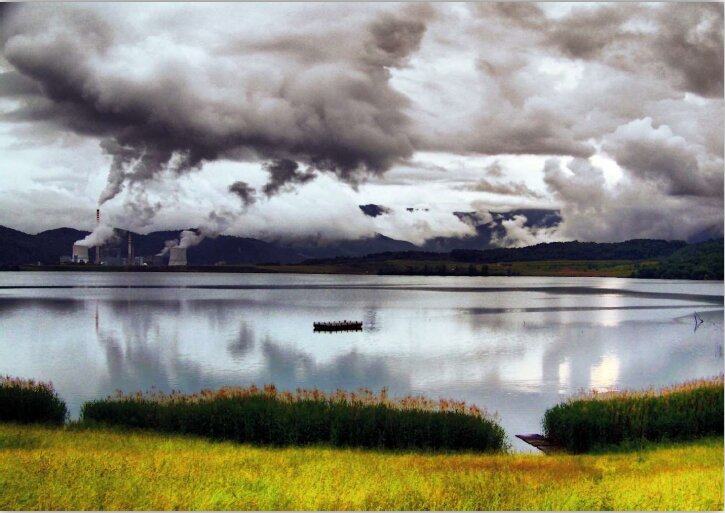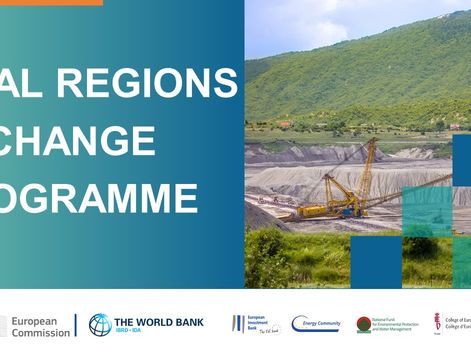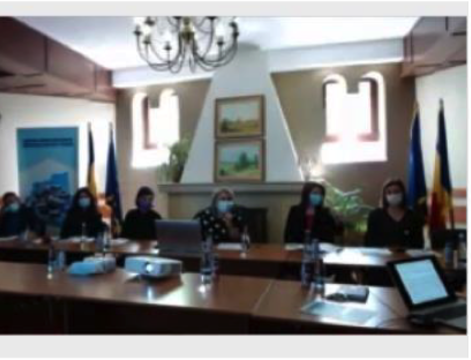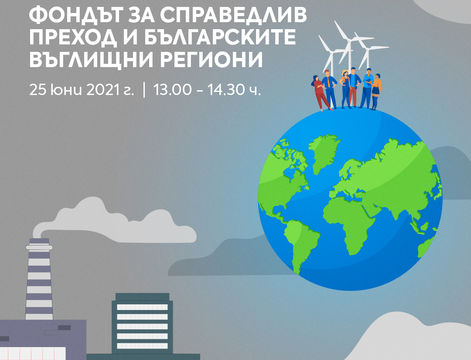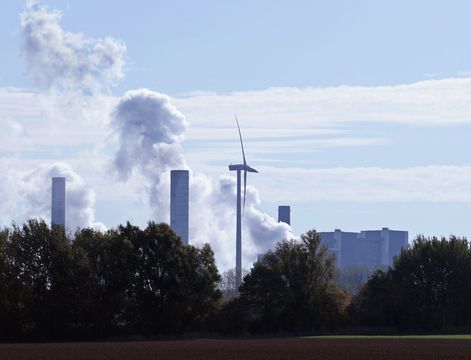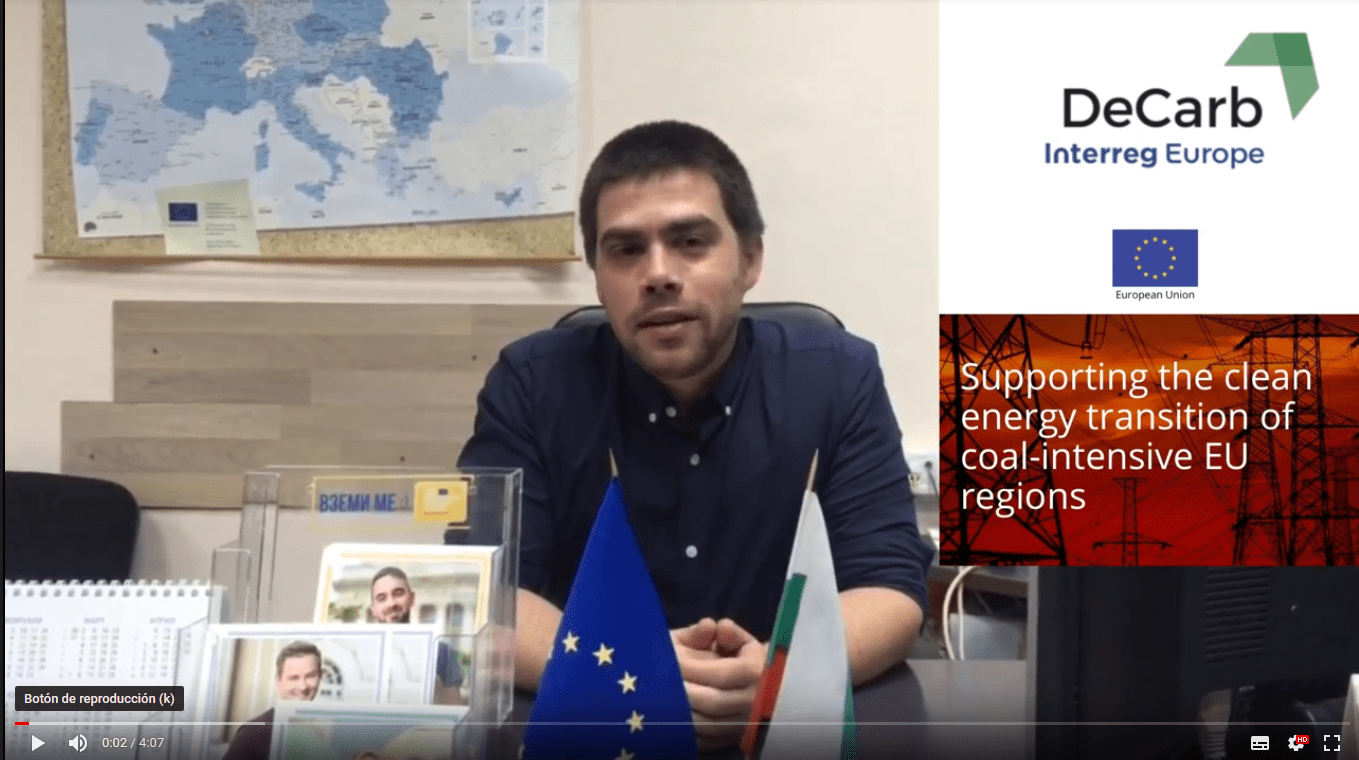A delegation of the Directorate-General for Energy of the EC and the EC Representation in Bulgaria visited Bulgaria, where for two days they met with representatives of the various energy sector organizations, employers, civil, environmental and trade union organizations, mayors and representatives of local communities. The aim was to determine how all of them would be affected by Brussels' plans to achieve full climate neutrality by 2050. This target will require additional restrictions on greenhouse gas emissions and the closure of coal plants producing more than 40% in Bulgaria of electricity consumed.
This is why European Commission experts want to know first-hand what problems employees in the energy sector will face, what their ideas are about the transition towards cleaner and more efficient energy and how to make this transition more just and painless.
The delegation, led by Katarina Sikov, met with representatives of the private energy business on Wednesday, February 19, 2020, visited the newest coal-fired power plant in Bulgaria, AES Galabovo, and then held a series of meetings in Stara Zagora Municipality with representatives of local authorities of business stakeholders, trade unions, non-governmental organizations.
After that, the delegation's visit continued at the office of Stara Zagora Regional Economic Development Agency. In addition to the representatives of DG Energy, there were also colleagues from the EC Representation in Bulgaria and Greenpeace Bulgaria in SZREDA office. The main topic of the discussion was the DeCarb project, funded by INTERREG Europe Programme and the results achieved so far. A specific discussion was held about the forthcoming Peer Review by the Policy Learning Platform, INTERREG Europe, on February 26-27 in Stara Zagora.
SZREDA team also discussed the importance of DeCarb project for the region and the great challenge the decarbonisation is for the region's economy as well as the country's energy security. All participants in the meeting agreed that these challenges could be overcome only by a joint effort of the European institutions, the administration, scientific institutions, business and non-governmental organizations.
Author of the photo: Ivan Donchev/Greenpeace



